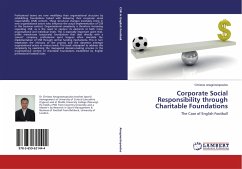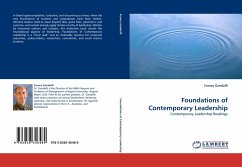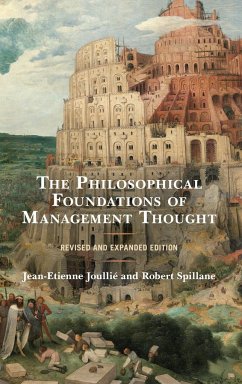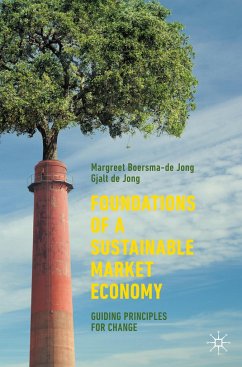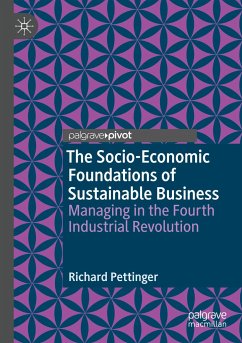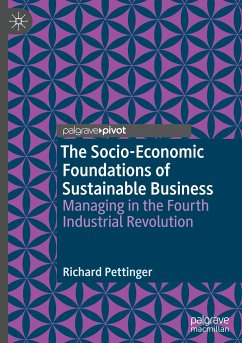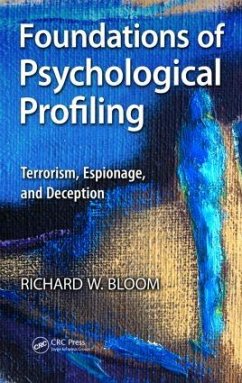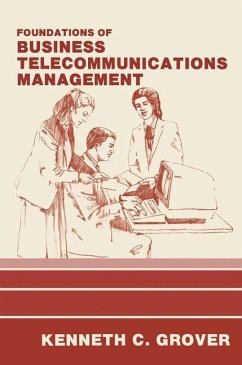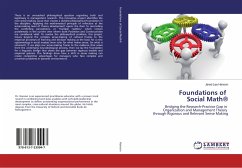
Foundations of Social Math®
Bridging the Research-Practice Gap in Organization and Management Theory through Rigorous and Relevant Sense Making
Versandkostenfrei!
Versandfertig in 6-10 Tagen
53,99 €
inkl. MwSt.

PAYBACK Punkte
27 °P sammeln!
There is an unresolved philosophical question regarding truth and legitimacy in management research. This innovative project identifies the root sense-making cause that creates a divided philosophical foundation in the discipline. Applying the mathematical principle of reflection at the sense-making level of theory development opens the door to reconciling the conflicting perceptions, or "multiple realities," which remain problematic in the current view where both Positivism and Constructivism are considered valid. To resolve the philosophical problem, this project moves beyond the complex sen...
There is an unresolved philosophical question regarding truth and legitimacy in management research. This innovative project identifies the root sense-making cause that creates a divided philosophical foundation in the discipline. Applying the mathematical principle of reflection at the sense-making level of theory development opens the door to reconciling the conflicting perceptions, or "multiple realities," which remain problematic in the current view where both Positivism and Constructivism are considered valid. To resolve the philosophical problem, this project moves beyond the complex sense-making of cultural frames to the empirical processes of learning and decision making as the basis for a new epistemology in social analysis (new rules for what makes sense, for what is coherent). If we align our sense-making frame to the evidence that arises from the underlying neurobiological process, then we lay the foundation for a linguistic bridge that closes the gap between rigorousmodels and empirical systems. The findings show how a shift in sense making can create competitive advantages for managers who face complex and uncertain problems in dynamic environments.



